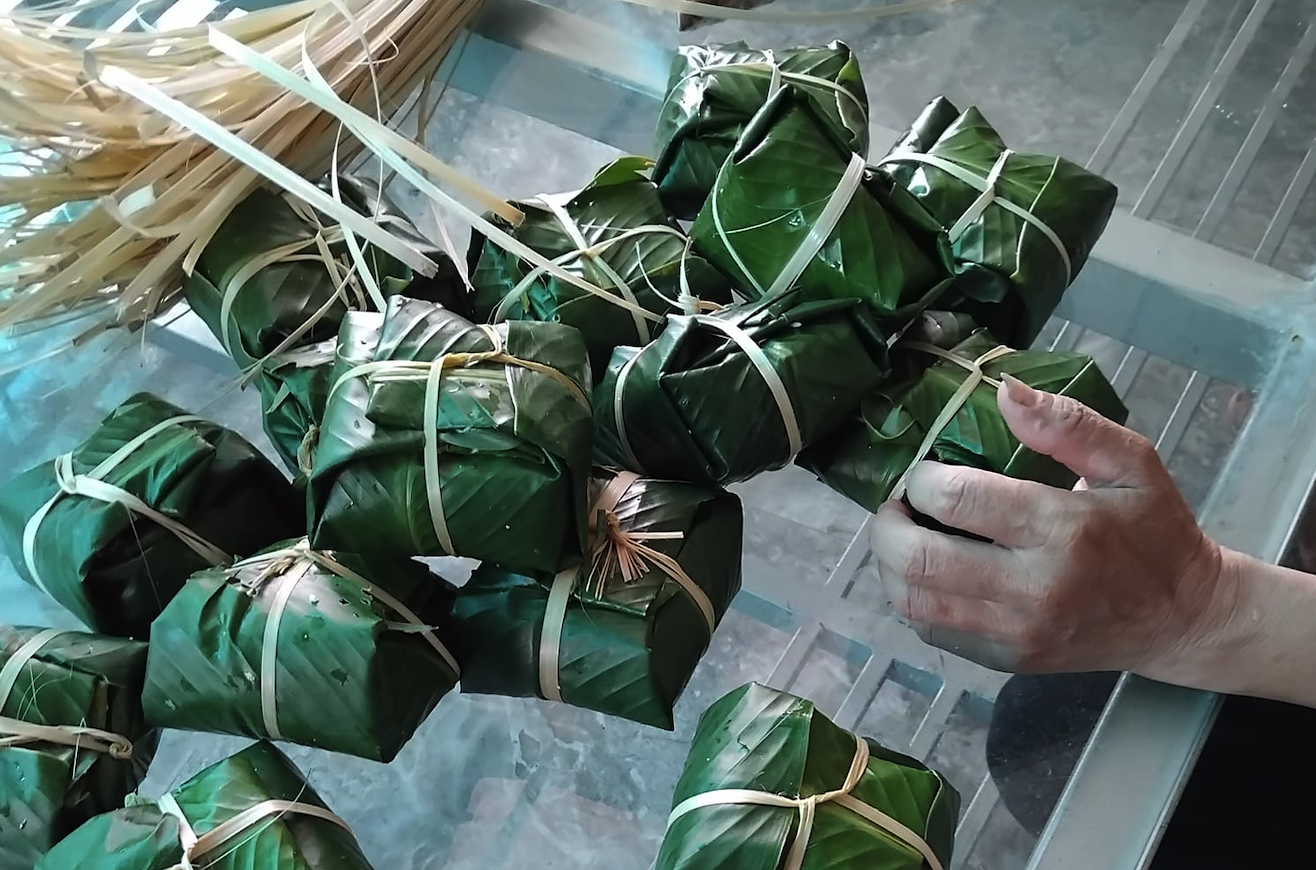
People in Nghe An wrap banh chung to help flood victims in the North - Photo: DOAN HOA
What relief food should be sent?
On social networks these days, many images are being shared of people wrapping banh chung, cooking rice balls, etc. together to prepare relief for people in flooded areas.
However, in the complicated situation of storms and floods, how to preserve food and transport it to people in storm-hit areas, how to ensure safety, and how to truly help people overcome this difficult period makes many people wonder.
Posting on her personal page, Ms. T. (living in Can Tho City) shared images of rice balls, sesame salt and braised pork being vacuum-sealed and prepared to be transported to help flood victims with the status line: "I don't know where food like this will be transported, how long it will take and whether it will be edible when it reaches the people in need. If the food is damaged and eaten, it will be even more dangerous."
Many people are also wondering what food to prepare and how to preserve it so that when it reaches people in flood-affected areas, it will still be safe to use.
Speaking with Tuoi Tre Online , Associate Professor Nguyen Duy Thinh, former lecturer at the Institute of Biotechnology and Food Technology at Hanoi University of Science and Technology, shared that the whole country is looking towards the people in the flood-hit areas. This is the spirit of "helping each other" of the Vietnamese people that is very valuable.
Talking about how to prepare relief food for flood victims safely, Mr. Thinh emphasized three issues that need attention: food safety and hygiene during processing, preservation, and selection of relief food.
Mr. Thinh believes that foods that can be consumed immediately without processing should be prioritized in the current flood situation. For example, banh chung, rice balls, fried rice, dried braised meat, dried sea fish, etc.
"In particular, banh chung is a suitable choice for people in storm, flood and landslide areas to use immediately, easy to preserve and transport. Banh chung has all the beans, meat and starch, so it will ensure nutrition.
However, to ensure that, right from the preparation stage, people must choose ingredients and processing to ensure food hygiene and safety. A special point to note when preparing ready-to-eat food so that it can be stored for long-term use is to cook it thoroughly.
"You must ensure that the food is thoroughly cooked. Once cooked, people need to let it cool to the outside temperature before packaging it for transport to relief sites," Mr. Thinh instructed.
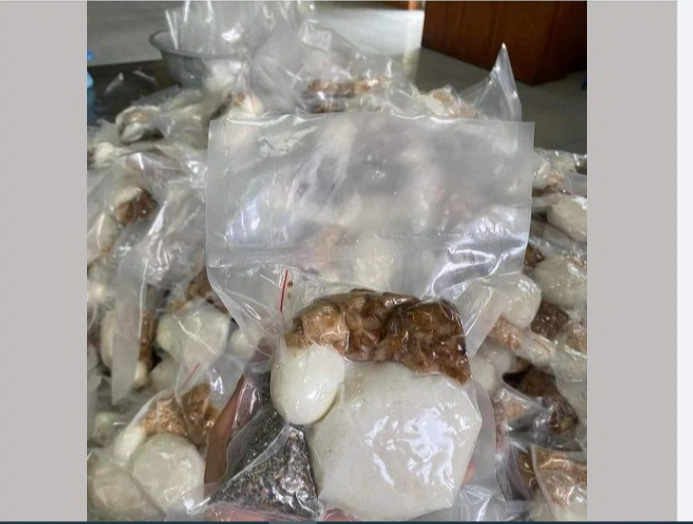
People prepare rice balls and sesame salt to help flood victims in the North - Photo: Social network
According to Mr. Thinh, people can prepare relief food such as roasted rice. Before roasting, the rice should be soaked first, then roasted dry. Roasted rice will be a bit spongy (not like popcorn rice - PV), this is a food that was often used during the resistance war.
For braised meat, you should use low-fat meat, dry braised, and a little salty so it can be preserved longer.
Vacuuming will help preserve longer
Regarding packaging, Mr. Thinh advised people to pack food in soft bags, then vacuum them. Vacuuming not only helps preserve food longer, but also prevents the food from getting wet or dirty if it accidentally falls into the water during floods.
“For banh chung, if stored under normal conditions, it can be used for about 7 days, depending on local weather conditions. When vacuum-packed, it can be used for nearly 2 weeks. Depending on each relief site, people should have a preparation plan to ensure the food is still usable. If you notice mold or strange odors on the cake, you should not use it anymore,” Mr. Thinh added.
According to Mr. Thinh, banh chung and rice balls should be prepared in proportion to be enough for one person to use for one meal, and should not be stored for another meal.
Besides, people should not transport eggs, freshwater fish, etc. because they are easily damaged and difficult to preserve.
Source: https://tuoitre.vn/do-an-cuu-tro-dong-bao-vung-bao-lu-nen-gui-gi-va-bao-quan-the-nao-20240912125449925.htm


![[Photo] Hanoi morning of October 1: Prolonged flooding, people wade to work](https://vphoto.vietnam.vn/thumb/1200x675/vietnam/resource/IMAGE/2025/10/1/189be28938e3493fa26b2938efa2059e)





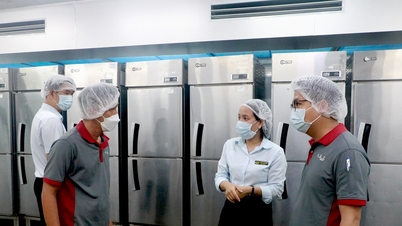







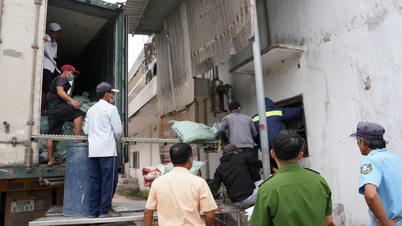
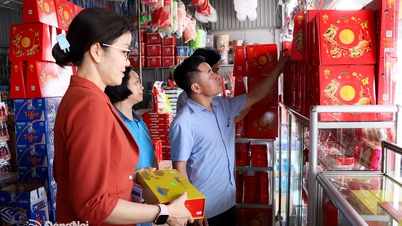



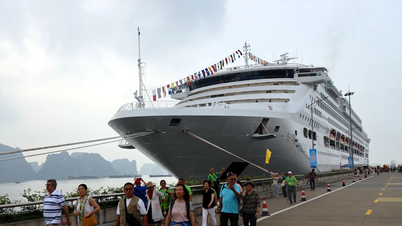


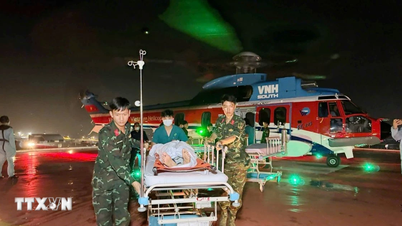
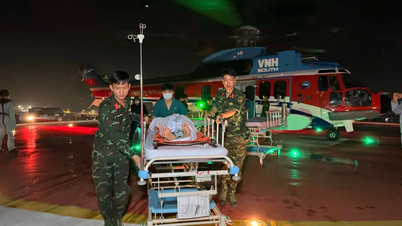






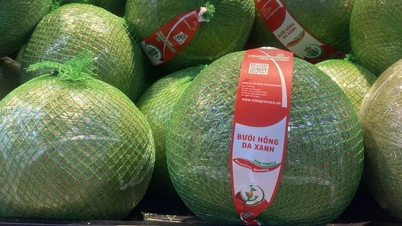


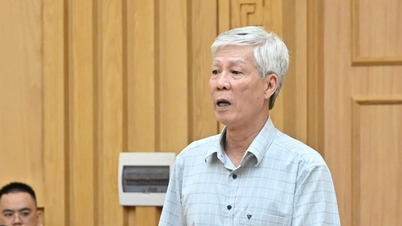
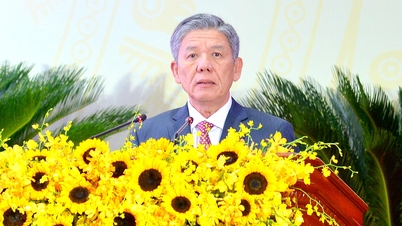

![[Photo] Panorama of the cable-stayed bridge, the final bottleneck of the Ben Luc-Long Thanh expressway](https://vphoto.vietnam.vn/thumb/1200x675/vietnam/resource/IMAGE/2025/9/30/391fdf21025541d6b2f092e49a17243f)

































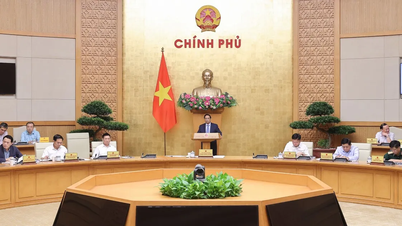
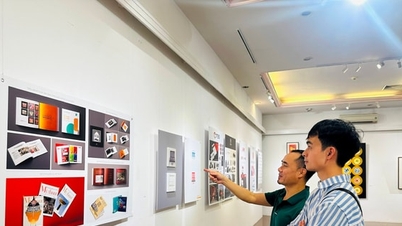

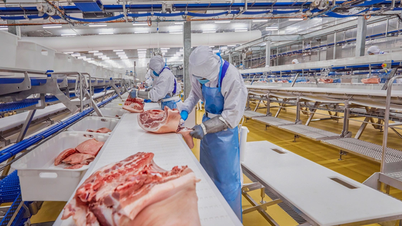
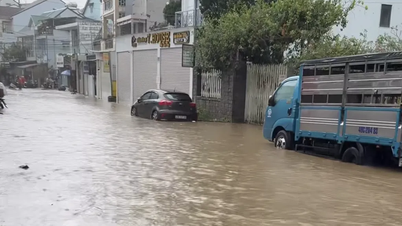
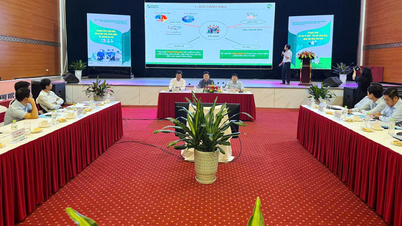
















Comment (0)